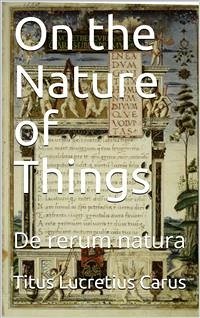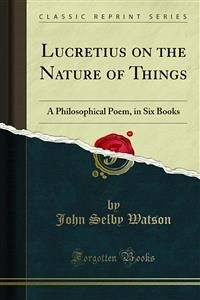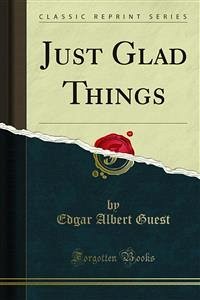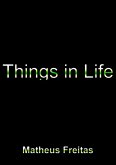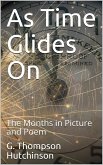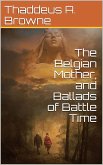The cover-image of this book has been taken from Opening of the 1483 manuscript copy of De rerum natura by Girolamo di Matteo de Tauris, which had been copied for Pope Sixtus IV. De rerum natura: On the Nature of Things) is a first-century BC didactic poem by the Roman poet and philosopher Lucretius (c. 99 BC – c. 55 BC) with the goal of explaining Epicurean philosophy to a Roman audience. The poem, written in some 7400 dactylic hexameters, is divided into six untitled books, and explores Epicurean physics through poetic language and metaphors. Namely, Lucretius explores the principles of atomism; the nature of the mind and soul; explanations of sensation and thought; the development of the world and its phenomena; and explains a variety of celestial and terrestrial phenomena. The universe described in the poem operates according to these physical principles, guided by fortuna ("chance"), and not the divine intervention of the traditional Roman deities. The poem consists of six untitled books, in dactylic hexameter. The first three books provide a fundamental account of being and nothingness, matter and space, the atoms and their movement, the infinity of the universe both as regards time and space, the regularity of reproduction (no prodigies, everything in its proper habitat), the nature of mind (animus, directing thought) and spirit (anima, sentience) as material bodily entities, and their mortality, since, according to Lucretius, they and their functions (consciousness, pain) end with the bodies that contain them and with which they are interwoven. The last three books give an atomic and materialist explanation of phenomena preoccupying human reflection, such as vision and the senses, sex and reproduction, natural forces and agriculture, the heavens, and disease. After the opening, the poem commences with an enunciation of the proposition on the nature and being of the deities, which leads to an invective against the evils of superstition. Lucretius then dedicates time to exploring the axiom that nothing can be produced from nothing, and that nothing can be reduced to nothing (Nil fieri ex nihilo, in nihilum nil posse reverti). Following this, the poet argues that the universe comprises an infinite number of Atoms, which are scattered about in an infinite and vast void (Inane). The shape of these atoms, their properties, their movements, the laws under which they enter into combination and assume forms and qualities appreciable by the senses, with other preliminary matters on their nature and affections, together with a refutation of objections and opposing hypotheses, occupy the first two books.
Bitte wählen Sie Ihr Anliegen aus.
Rechnungen
Retourenschein anfordern
Bestellstatus
Storno

